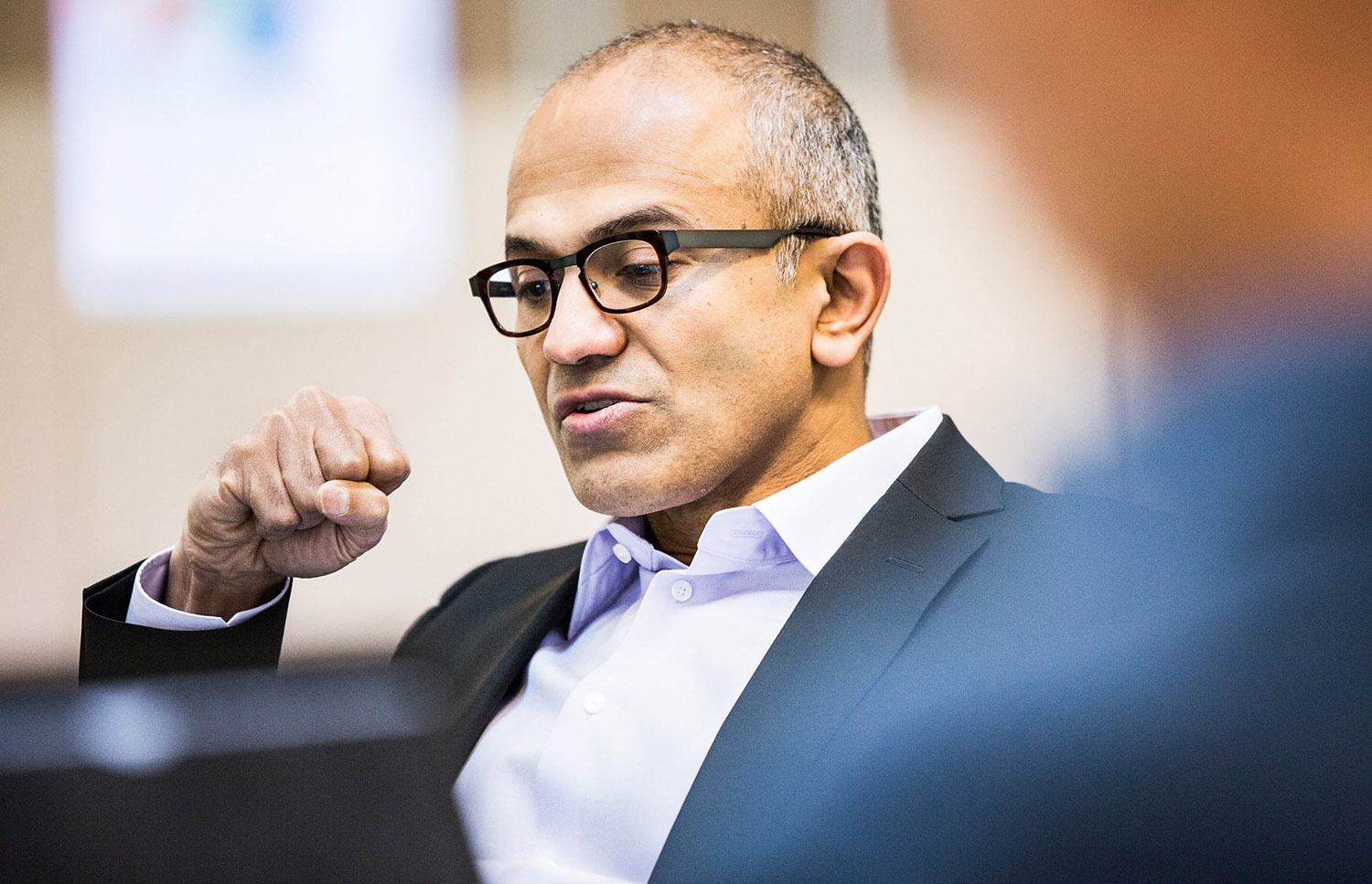
Indian Americans don’t need Satya Nadella — the Hyderabad-born techie named Microsoft’s CEO today — to feel good about themselves. Look around the U.S. and you already see “desis” in leading positions, and not just in the Indian-heavy IT sphere where Nadella has soared. Indian Americans are CEOs of Fortune 500 companies, agenda-setting lawyers, celebrated comedians, prominent politicians, beauty-pageant winners, TV personalities and, heck, top editors at some of America’s most venerable publications.
The stereotype of the hardworking model minority has evolved: sure, Indian Americans still win spelling bees, but they also rap and smoke weed on camera. As a group, Indian Americans comprise the wealthiest and most educated single community in the U.S., a position of societal prestige that may last for some time yet — a recent survey found that no ethnic group in the U.S. saves more for their children’s college education than Indian Americans.
Given such overwhelming evidence of success, some could be tempted to subscribe to the much derided thesis of Amy Chua and Jed Rubenfeld’s new provocative book, The Triple Package, which congratulates Indian Americans as well as a few other ethnicities for having the right cultural attributes to flourish in the U.S. (Last month in TIME’s print publication, Indian-American journalist Suketu Mehta wrote the definitive takedown of the Chua and Rubenfeld “cultural” argument, which he likened to a new form of American racism.) Nadella’s journey to Microsoft’s top post moved along the same path furrowed by thousands of other Indians — a hypercompetitive college education in India (though his university was only a midranking one), followed by graduate studies in the U.S. and a berth in Silicon Valley. But the application, the ingenuity, the business savvy and the drive that saw him excel were all his own.
His ascension as Microsoft CEO is making headlines in India, where the country’s NRIs (nonresident Indians) are often held up as national heroes. For decades, the successes of pioneering, entrepreneurial Indians abroad were seen in contrast to the poverty, stagnation and political sclerosis of their country of origin. But that aura of respect and celebrity is dimming: see the invective hurled at U.S. Attorney Preet Bharara — accused of being an Indian “Uncle Tom” — for his role in the controversial case against Indian deputy consul Devyani Khobragade last year.
It’s hard to imagine Nadella drawing that sort of ire, but his triumph in the U.S. comes at a moment when NRIs are flocking back to India, drawn by opportunities in their rapidly changing homeland. The rise of India’s economy has created a new domestic confidence and swagger. Hyderabad, where Nadella was born, is now one of Asia’s main tech capitals, key to Microsoft’s global plans. Perhaps the next Satya Nadella may not even need to be a hyphenated Indian American.
More Must-Reads from TIME
- Donald Trump Is TIME's 2024 Person of the Year
- Why We Chose Trump as Person of the Year
- Is Intermittent Fasting Good or Bad for You?
- The 100 Must-Read Books of 2024
- The 20 Best Christmas TV Episodes
- Column: If Optimism Feels Ridiculous Now, Try Hope
- The Future of Climate Action Is Trade Policy
- Merle Bombardieri Is Helping People Make the Baby Decision
Contact us at letters@time.com